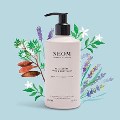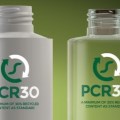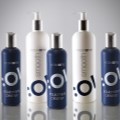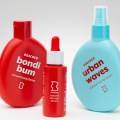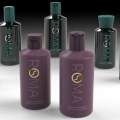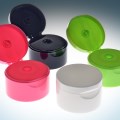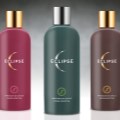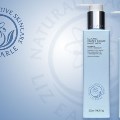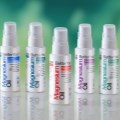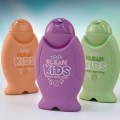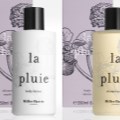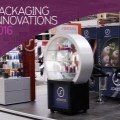Public
Spectra Packaging Catalog
Spectra Packaging Gallery
Spectra Packaging Locations
Spectra Packaging News
If this is your company, CONTACT US to activate Packbase™ software to build your portal.


Spectra Packaging recently provided Hedgewitch Essentials with new biopolymer packs for their latest equine care products.
Hedgewitch supply a range of eco-friendly products, including shampoo’s, body washes, oils and sprays, for horses, all made from natural essential oils.
Hedgewitch’s environmental approach was a good match for Spectra as Alex Beveridge, Field Sales Representative went on to explain.
“We have been making huge strides with our new biopolymer packaging. It is gaining really positive feedback from many customers seeking a greener packaging alternative. Hedgewitch are passionate about using only natural elements in their products, which is why it was important for them to carry this sustainable ethos through to the product packaging. Our biopolymer offering fitted the bill perfectly.”
Spectra provided 150ml and 500ml Tall Boston Round bottles from their extensive range of standards. The packs were moulded in biopolymer, a material made from 96% sugarcane waste, which is a byproduct of sugar manufacture. Hedgewitch were also provided with stylish screw top closures in a number of colours to compliment their branding.
Additionally Spectra were able to help Hedgewitch include the “I’m Green” hallmark logo on all their bottles to inform customers that, not only is the product eco-friendly, but the packaging is also environmentally responsible.
Mike Watkins from Hedgewitch commented, “To be able to package our products in a plastic bottle that was made from a sustainable source was hugely important to us. It illustrates perfectly how environmentally minded Hedgewitch are. Spectra were able to guide us through all the benefits and processes and gave us a product that delivers that message clearly to our customers. We are delighted with the outcome.”
Spectra’s biopolymer packaging is made from sugarcane waste instead of fossil fuels, utilising a byproduct of sugar manufacture. The sugarcane is a renewable resource so the material leaves a reduced carbon footprint, compared with those made from traditional HDPE plastics. When the sugarcane is growing it captures CO2 from the atmosphere, helping to reduce greenhouse gas emissions.


